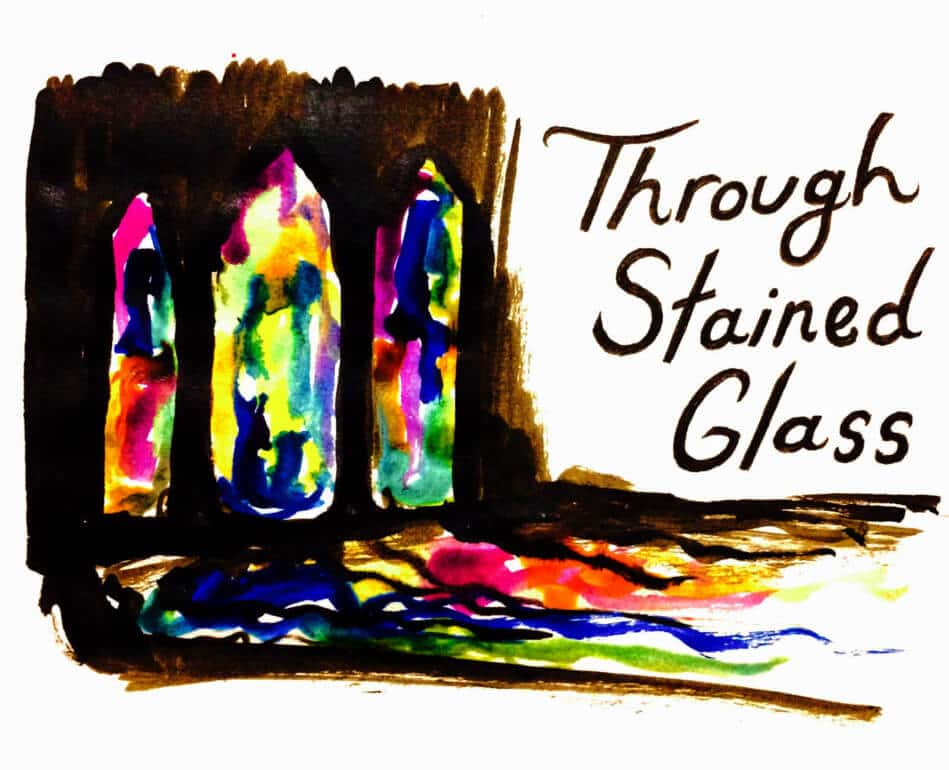Re-evaluating the value of religion during Lent
 It is now the beginning of the season of Lent, the forty days of spiritual discipline which lead to Easter. In this time period, and especially in the Holy Week before Easter, the news media will likely increase its number of stories about Christianity. That has certainly been the trend in the last 20 years, with most stories revolving around the “authentic” Jesus or the decline of the church in the western world. So far, there has been little notice taken of a recent major study done in Britain about church and faith, in which life satisfaction or happiness has been correlated to religious activity and involvement. In essence, the study noted that those who expressed greater happiness were more actively involved in faith communities, regardless of age. It may have to do with community, and perhaps with the faith injunction to be involved in the world in selfless acts of caring.
It is now the beginning of the season of Lent, the forty days of spiritual discipline which lead to Easter. In this time period, and especially in the Holy Week before Easter, the news media will likely increase its number of stories about Christianity. That has certainly been the trend in the last 20 years, with most stories revolving around the “authentic” Jesus or the decline of the church in the western world. So far, there has been little notice taken of a recent major study done in Britain about church and faith, in which life satisfaction or happiness has been correlated to religious activity and involvement. In essence, the study noted that those who expressed greater happiness were more actively involved in faith communities, regardless of age. It may have to do with community, and perhaps with the faith injunction to be involved in the world in selfless acts of caring.
Religion has two dimensions, the horizontal and the vertical. The first dimension of religion, the horizontal, is social communication and interaction. Religion is a universal part of human existence; it has a significant value, well beyond its destructive and negative forms. Surely if this were not the case most people in the world would by now have abandoned it completely. People meet together for common purposes: they meet to worship, to enter into ritual, to seek meaning, to pray together. Even meeting independently instead of corporately, or participating alone or in families in the ritual and practices of faith, they meet indirectly through having their common stories, myths, texts, traditions, rituals and understandings of the world, and of their part in it. Religion can gather people together both in action and in religious commitment. In this, meaning is found – and possibly happiness.
A dozen or so years ago, the Chicago Sun-Times reported that researchers had found, in two separate studies, that church attendance and a belief in a God can reduce the cognitive decline of Alzheimer’s disease patients and thwart feelings of depression. Other research has further demonstrated that elderly adults who frequently attend church services live longer than those who go “infrequently” or “never.” Adults who participate in religious activities spend less time in hospitals, have healthier immune systems, tend to have lower blood pressure, and are less likely to suffer from alcoholism or depression. Research out of Harvard University has argued that church attendance is one of the most powerful means of responding to the increasing problems connected with social isolation. Participation in religious activities, researcher Robert Putnam notes, is closely linked to secular forms of civic involvement, such as voting, participating in community projects and giving time and money to charity. “Religiosity,” Putnam writes, “rivals education as a powerful correlate of most forms of civic engagement.”
There is a vertical dimension as well: the communication between people and that which is beyond: the divine and eternal element, understood in different ways by different traditions. And in this dimension, people find renewal and strength to engage in their horizontal living. It seems there is a clear correlation between an active religious life and a life that knows meaning and happiness.
Canadian sociologist Kurt Bowen has warned of the loss of civic volunteerism that has accompanied the decline in religious practice in Canada. As Bowen noted in his 2004 study on Canadian religion, Christians in a Secular World, “If the expanding body of the Non Religious is our guide to the future, we may reasonably expect that life satisfaction will decline, concern for others will diminish, marriage will grow more fragile, family and friendship networks will shrink, volunteering will become less frequent, and we will grow ever less generous in our so very affluent world. In a word, civility is threatened. If this is the victory that secularism and the Enlightenment have wrought, then we have no cause to celebrate.” Sobering words.
If there is hope, it may be found on the path of faith that is vital, steeped and rich in tradition, but open to the needs of the world and ready to engage those needs. Perhaps this Lent we should be less inclined to write the eulogy for Christianity than to embrace its powerful and positive elements.





